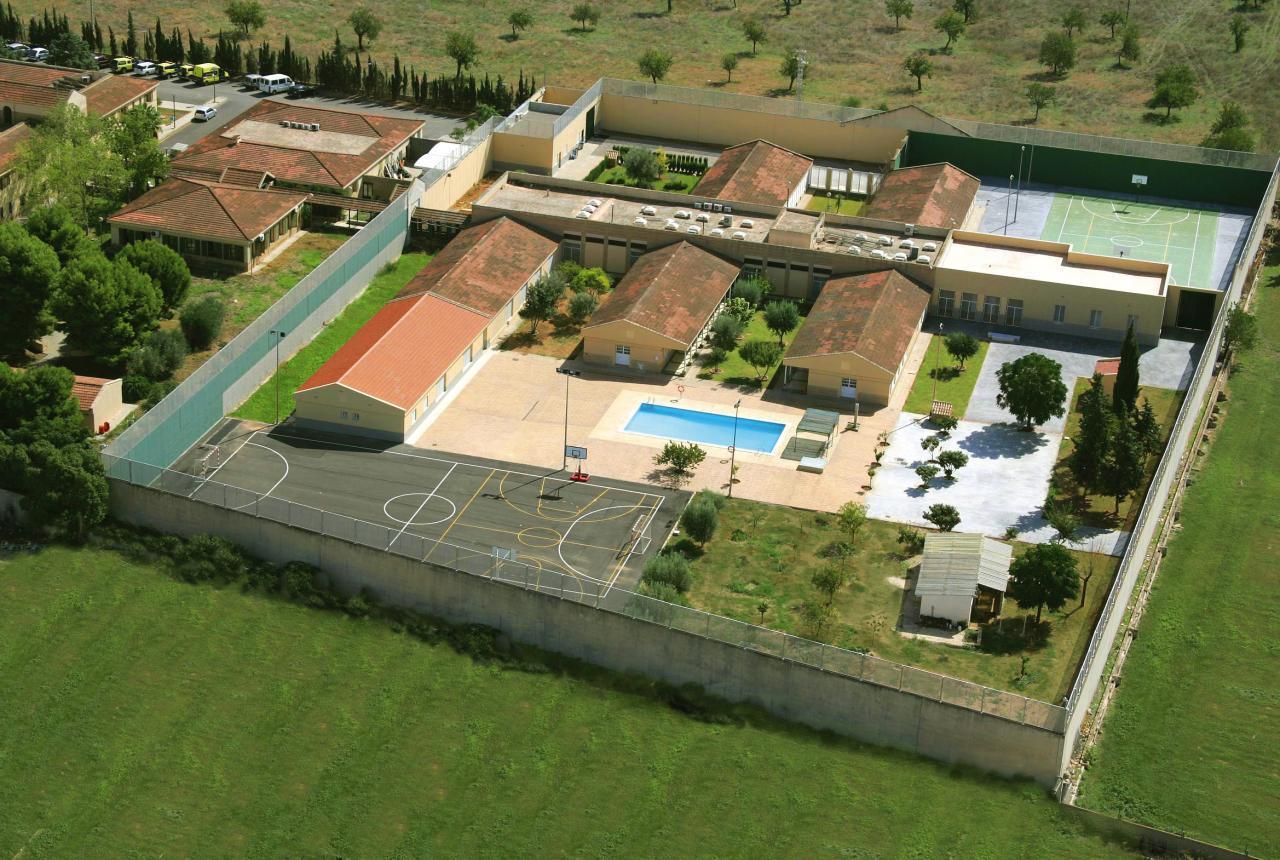There was the unpleasant stench of scandal last week. The gang rape of a 14-year-old girl under the supervision of the Council of Majorca on Christmas Eve had placed the focus on IMAS, the Majorca Institute of Social Affairs, the Council's social services division. The girl had told the National Police that prior to the rape, she had been prostituting herself in a bar in Son Gotleu. The IMAS admitted that there were other cases such as this - sixteen minors in its care were known to have been victims of sexual exploitation.
An opposition party at the Council said that there was "an information blackout" from the IMAS. Ciudadanos and other opposition parties demanded that there be a commission to investigate the institute's management. The charge of there having been such a blackout was understandable. There were times last week when it seemed as if the carpet was being lifted and the dust of scandal was being swept away. Meanwhile, the prosecution service was activating its own investigation.
The curious drunken tourism decree
The government had been signalling its intentions to get tough with drunken tourism. Its decree, well-publicised in advance, was duly approved on Friday. A curious item of legislation, it was aimed at specific places - Magalluf, Playa de Palma, Arenal (Llucmajor) and Sant Antoni (Ibiza). The discriminatory nature of the decree was just one curiosity. Another concerned the application. Measures contained in the decree are apparently in force. What happens, therefore, to holidaymakers who have booked all-inclusive packages and who now might feel they are not as inclusive as they had been led to believe? These bookings are assured, it is understood, but how are new ones to be managed? Different rules for different guests in hotels.
All in time for the tourism fair
The timing of the approval was surely no coincidence. While the government was hailing its "pioneering" decree, the Council of Majorca and the Palma 365 Tourism Foundation were hard at it, letting it be known what they plan for the Fitur international tourism fair in Madrid next week. The Council was flagging up its strategic tourism promotion plan (all to do with sustainability), Palma 365 was declaring efforts to decongest Palma a "success". The government could trump them both. Fitur will hear all about the pioneering decree.
Calvia and sustainability
Somewhat lower down the tourism promotion food chain, Calvia town hall announced that it will be splashing the promotional cash - 80 grand. The usual suspects of reasons for this hefty investment were trotted out, e.g. Brexit and the economic situation in Germany.
Calvia's mayor, meanwhile, had got a top job. Alfonso Rodríguez was named as the new president of the tourism committee of the Spanish Federation of Municipalities and Provinces. Sustainability, it might have been expected, will be a priority for the committee.
Growth in real-estate businesses
The National Statistics Institute is never short of providing statistics, many of them bewildering. Among last week's mass of figures was, however, the fact that there are now almost double the number of businesses in the real-estate sector in the Balearics than there were in the year when financial crisis struck. There are now 7,105, whereas in 2008 there were 3,775. Despite the crisis, the number of businesses continued to rise. The increases were initially modest until some five years ago - 500 or so new businesses per annum, and the holiday rentals market would seem to have been a key reason.
Police Catalan courses
The police union was none too impressed with Palma town hall and its apparent offer of Catalan courses for National Police and Guardia Civil officers. While the national government's delegate in the Balearics said that he had never received a formal offer of courses from the town hall, the union laid into the relevant councillor, Llorenç Carrió, saying that the police are totally integrated into the society they serve and that "whoever wishes to learn Catalan will do so by their own volition and not by implicit imposition".


No comments
To be able to write a comment, you have to be registered and logged in
Currently there are no comments.